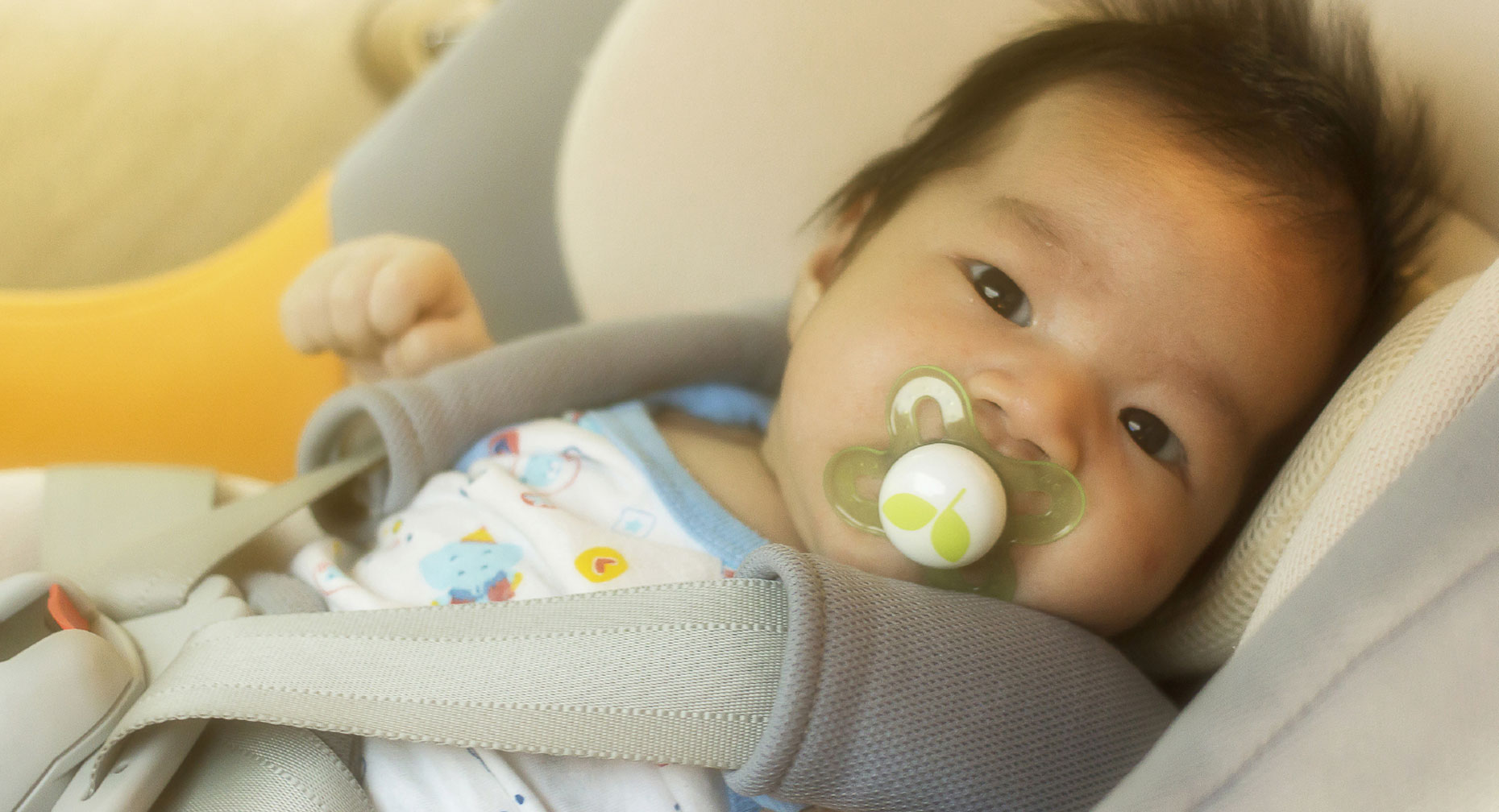10 Tips For Baby’s Safe Sleep On the Road

Find Your Perfect Match
Answer a few questions and we'll provide you with a list of primary care providers that best fit your needs.
Hooray – you’re going on a get-away! You and your infant can enjoy the vacation, the trip to grandma’s, or even a camping excursion and you will rest easy if you know your baby is in a safe sleep environment
“Every night matters for your baby.”
Follow these tips for safe sleep away from home:
- Be consistent. When traveling, you’re more tempted to exercise less control over safe sleep, thinking a night or two doesn’t matter. “Every night matters for your baby,” points out Melinda Mintkenbaugh, RN.
- Plan ahead for what you need to take.
- Learn all you can about where you’ll be staying. Will there be a safe crib? A smoke-free room?
- If you’re using a hotel crib, ask questions of a knowledgeable staff person in advance. No matter what the hotel promises, take a list of crib guidelines with you. Just as for buying a crib, check that the hotel crib meets the safety test for width of slats, fit of mattress, etc. Clean the crib with your own safe cleaner. Take your own crib sheet with you.
- Consider investing in your own portable sleeper (sometimes known as a Pack ‘n Play®). If you’re borrowing one, make sure it’s a recent model for the most safety. Clean it and practice correct assembly.
- Your infant should sleep in the same room with you.
- Insist that your baby sleeps in her own bed, on her back. “Sure, it’s inconvenient when traveling, but never let an infant sleep with anyone, not even a 4-year-old sister,” says Mintkenbaugh. “If you have no other choice, it’s better to let the baby sleep on a sheet on a floor, making sure there are no pets or pillows around.”
- Make sure the room doesn’t get too hot or too cold. Adjust the thermostat rather than using a blanket.
- Make sure every caretaker knows and agrees to your safety measures. You don’t want a well-meaning grandma to turn the baby on his tummy or take a fussy baby into bed with her when you’re out for the evening. “The guidelines are for every infant, every caregiver, every time,” Mintkenbaugh cautions.
- If traveling by car, it’s likely your baby will fall asleep in the car seat. Make sure you can see her at all times and that she can spit out her pacifier easily. Take care that the baby’s head is not leaning forward. Make regular stops so everyone can stretch.
Happy travels!
Find Your Perfect Match
Answer a few questions and we'll provide you with a list of primary care providers that best fit your needs.
Source: Melinda Mintkenbaugh, RN; Ohio Department of Health





